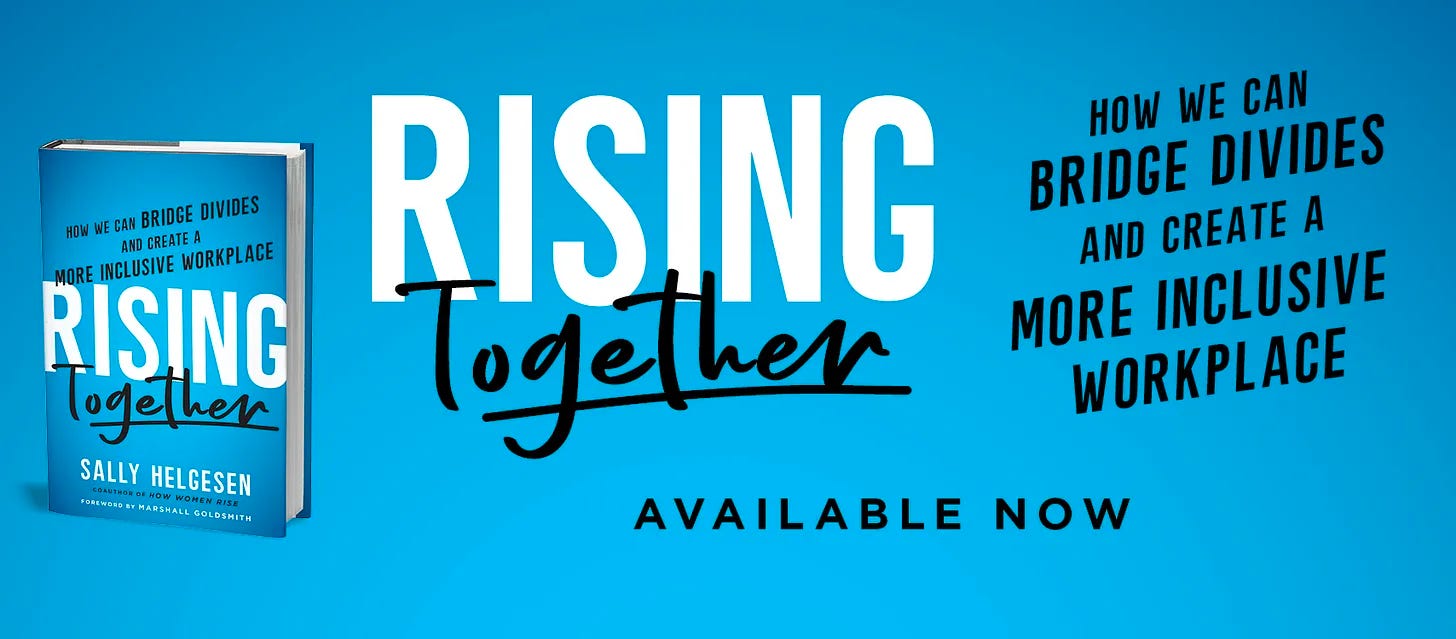Last week, I wrote about the benefits of becoming an outstanding interviewer, no matter what field you are in. And I offered my best tips for honing your skills. Today I want to take a look at what makes an interview effective.
Social media has reinforced the notion that the best interviews are basically gotchas. This may be true if you’re a crusading journalist trying to nail a politician or business leader who routinely misrepresents the facts. But it’s not a great move move if you’re a marketer trying to identify customer needs, a speechwriter developing topics for an executive ahead of a keynote, a designer seeking client input before starting a new project. Or a journalist who wants to shed new light on a situation or a trend.
In my experience, the best way to conduct an interview that produces the desired results is to pay fierce attention to the words your subject uses.
Say you’re a coach and your client describes a colleague as a real jerk. Your job is to push her to get specific. Is he untrustworthy? Socially awkward? Brusque? Petty? Self-serving? Or is he a bully?
These are very different, so you need to know precisely what your client means so you can help her figure out her course of action she might take. Or if she would benefit from just accepting that her colleague’s behavior lies beyond her control and move on.
Or say you head a three-person financial advisory group preparing to speak with a potential client. She’s already described herself as a conservative investor. What exactly does she mean by this? That she prefers equities in established companies with a good track record, or that she’s most comfortable with low-risk CDs or treasury bonds? If the latter, will she get upset when friends tell her their portfolios are reporting 22% returns, while she’s chugging along at just over 5?
Your first interview should also give you a sense of whether what the client says she wants reflects what she actually wants. That’s another benefit of pressing her to define her terms as precisely as possible. After all, most of us enter new relationships with at least some blind spots. Specific information will help you assess where hers, and yours, might lie.
We usually avoid pressing potential clients because we don’t want to risk losing them. But taking someone on without understanding their expectations is a recipe for frustration. We all recognize that hope is not a plan, but this is especially true when it comes to client relations.
It's even more true when it comes to partnering with a friend or colleague on a new project or business. That’s why interviewing one another can be a useful tool. In our initial enthusiasm, we tend to overlook problems that may surface when we’ve already invested time, money, or both.
Key questions I’ve used when undertaking joint projects include:
• What are our primary goals in building this business? Financial independence? Having more control over our time? Working with people we enjoy? Building a legacy in our community or sector? Our goals don’t need to match, but our expectations should be aligned.
• What skills do each of us bring to our prospective venture? What skills of ours are most attractive to one another? And how well do our skills compliment each other?
• How much time do each of us have to invest in this venture? How will we adjust if the timeline proves more challenging than we expect?
• What’s our Plan B: in case the economy tanks, or we lose an essential client, or the market for our service or product shifts? What if one of us were suddenly offered a dream job with a big pay increase? Or if we suddenly had to care for a sick family member?
Here too we can benefit by pressing one another to dig deeper on our responses. The simple expedient of conducting a searching and honest mutual interview before we take the leap saves a lot of turmoil later on.
What makes an interview effective is provoking someone to understand or articulate what utnil that point they may have only intuited. That goes not only for your interviewee, but for you as well. The best response in an interview is when the person you’re talking to says wow, I’ve never quite articulated that thought that way before. This is the precise opposite of the traditional “gotcha”, where the interiewee ends up feeling had.
Like what you’re reading? Click here to order my most recent book Rising Together from Amazon. Also available from your favorite bookseller. Thank you for your support!






Thank you for this. I definitely need to go and read Part I now! I want to improve my coaching style and ask more open questions. I also want to become a better podcast host